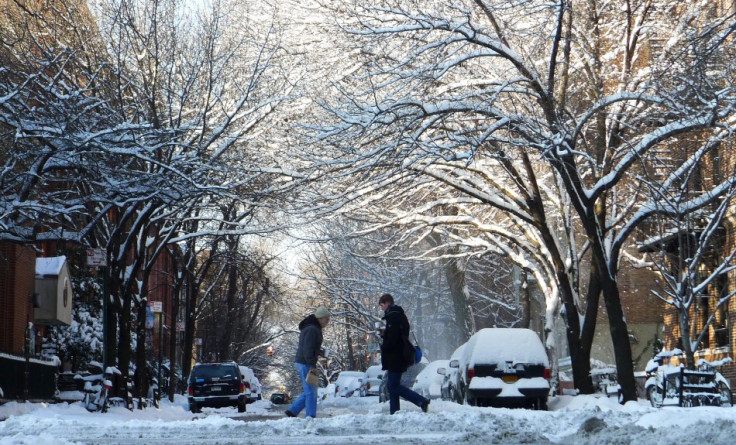Why it helps to cover your nose to avoid catching a cold

It turns out that cold climes aid the common cold virus in reproducing more efficiently than in warmer ones, thanks to a weakened immune response.
A Yale study lends weight to the old wives' tale that people should keep warm and cover their noses to avoid catching a cold.
The study also strongly suggests that varying temperatures influence the immune response, rather than the virus itself.
It has been known that the cold virus replicates more readily in the cooler environment of the nasal cavity than in the warmer lungs. But those studies were looking at the influence of body temperature on the virus.
Looking at the relationship between temperature and immune response, the study's senior author and Yale professor of immunobiology Akiko Iwasaki and colleagues, examined the cells taken from the airways of mice.
They compared the immune response to rhinovirus when cells were incubated at 37 degrees Celsius, or core body temperature, and at the cooler 33 degrees Celsius in the nasal activity.
"We found that the innate immune response to the rhinovirus is impaired at the lower body temperature compared to the core body temperature," said Iwasaki, who is also an investigator of Howard Hughes Medical Institute.
In mice with genetic defects in the immune system the virus could replicate at the higher temperature, showing that the immune response also plays a role in addition to the virus' reaction to temperature.
"In general, the lower the temperature, it seems the lower the innate immune response to viruses," noted Iwasaki.
The researchers hope to apply the findings to study how temperature affects immune response to other conditions, such as childhood asthma.
© Copyright IBTimes 2025. All rights reserved.





















